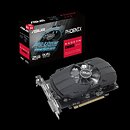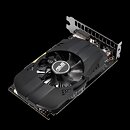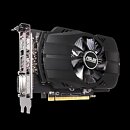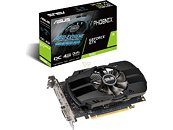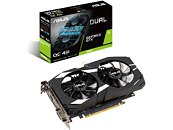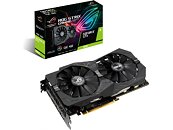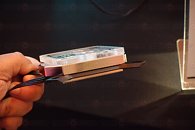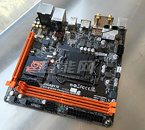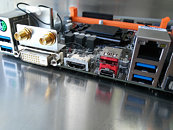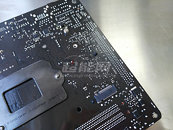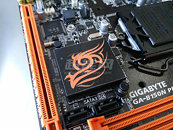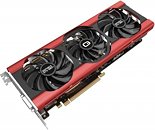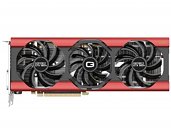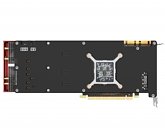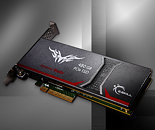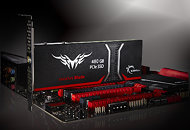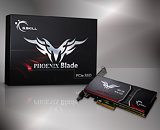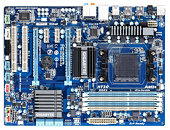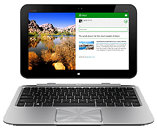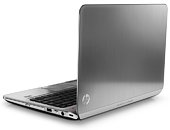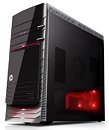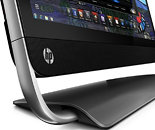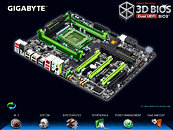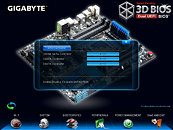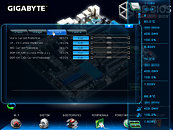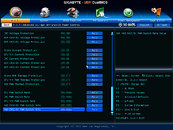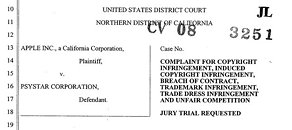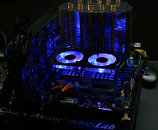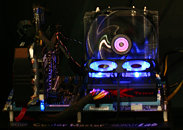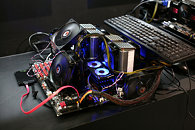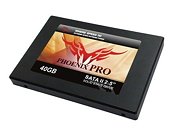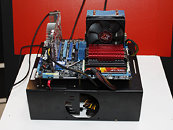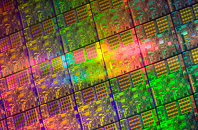
ASUS Releases Polaris 12 Phoenix Radeon 550 Card
The Polaris architecture was debuted by AMD in the RX 400 series almost 4 years ago, since then AMD has released two new generations of graphics processors, Vega and Navi. It seems that the Polaris architecture will be living on a bit longer with the release of the ASUS Phoenix Radeon 550 2GB GPU, based on the Polaris 12 GPU.
This product may seem familiar and that's because ASUS released the Phoenix Radeon RX 550 back in 2017, the new Phoenix Radeon 550 uses a different memory configuration of 2 GB GDDR5 / 64-bit / 6 Gbps which is a significant step down from the 2/4 GB GDDR5 / 128-bit / 7 Gbps of the Phoenix Radeon RX 550 especially considering that card was released 3 years ago. This new card seems to have been available to OEM's for some time and is only now making it's way to retail at a hopefully cheap price.
This product may seem familiar and that's because ASUS released the Phoenix Radeon RX 550 back in 2017, the new Phoenix Radeon 550 uses a different memory configuration of 2 GB GDDR5 / 64-bit / 6 Gbps which is a significant step down from the 2/4 GB GDDR5 / 128-bit / 7 Gbps of the Phoenix Radeon RX 550 especially considering that card was released 3 years ago. This new card seems to have been available to OEM's for some time and is only now making it's way to retail at a hopefully cheap price.
